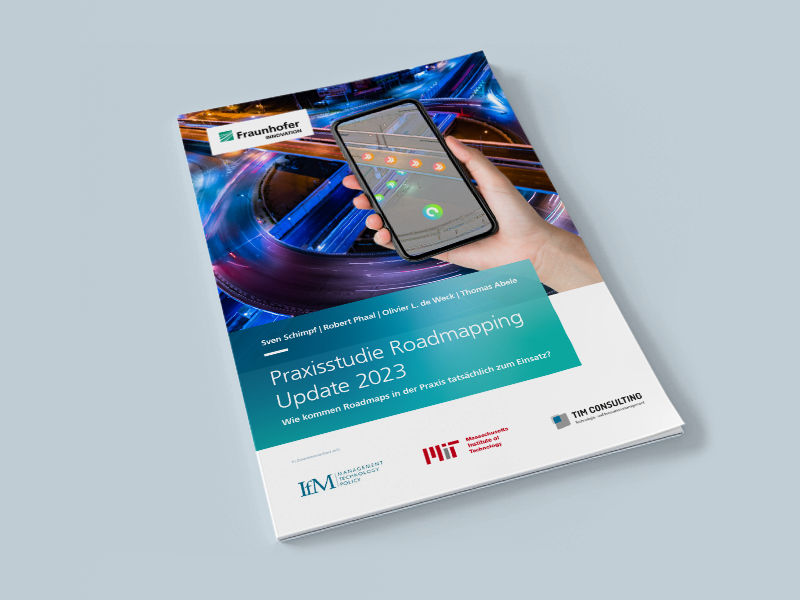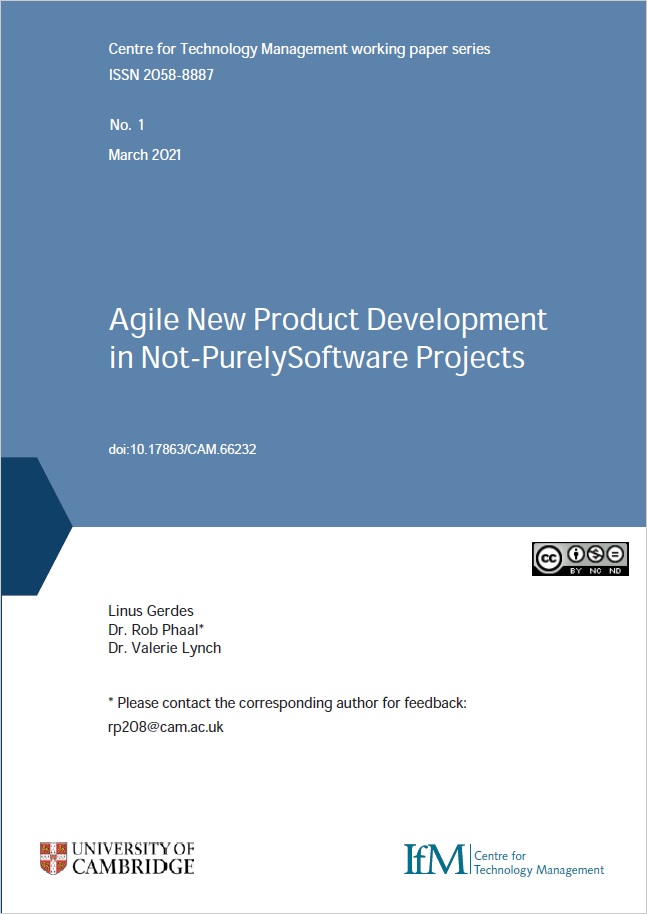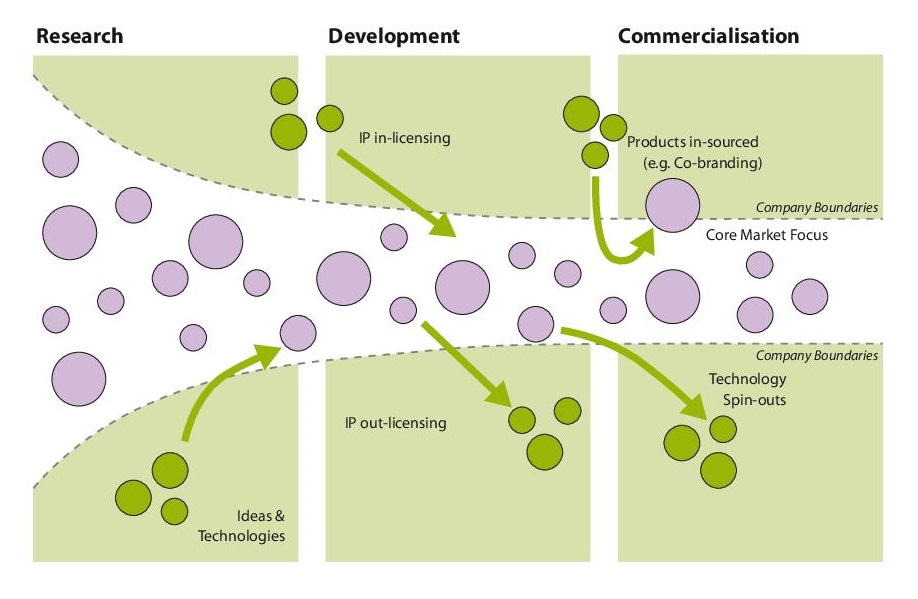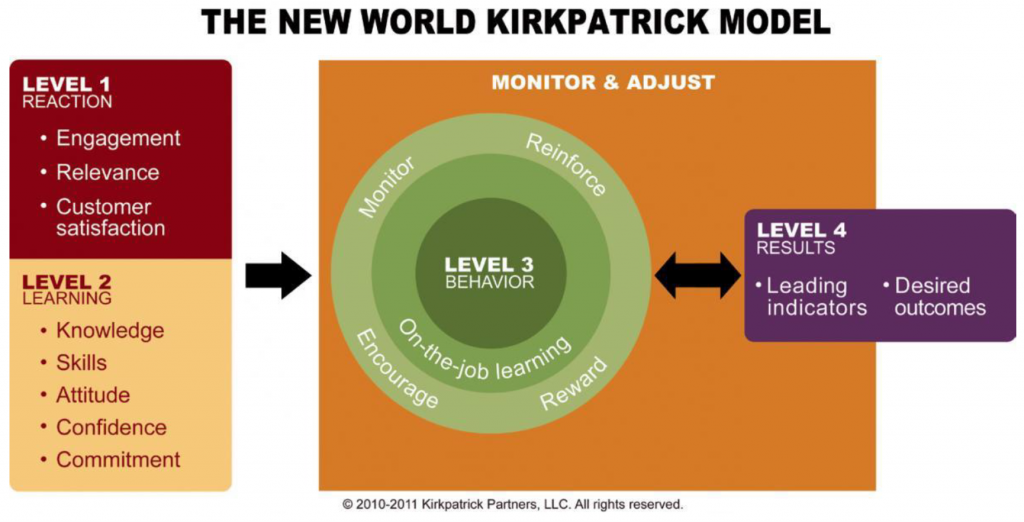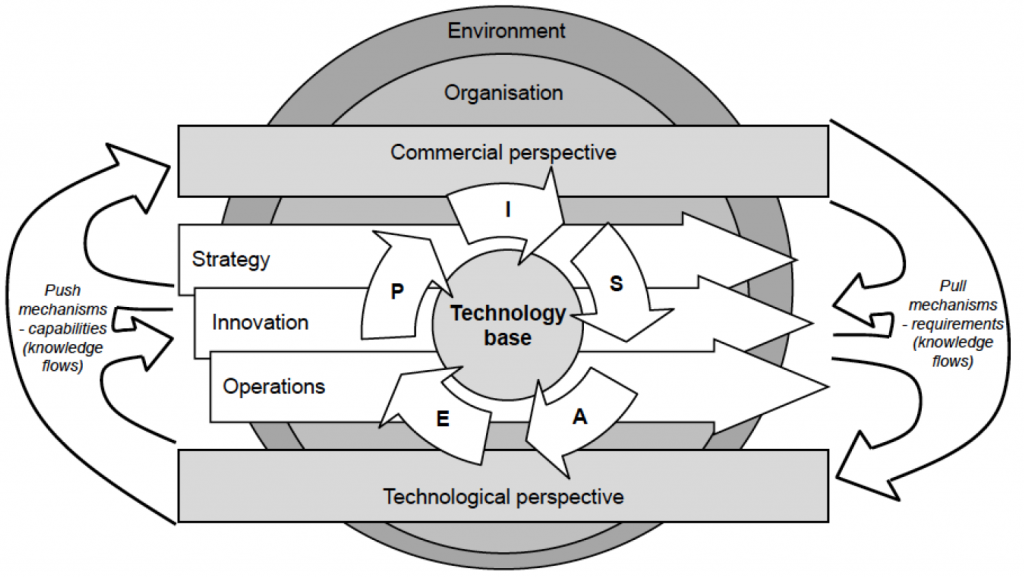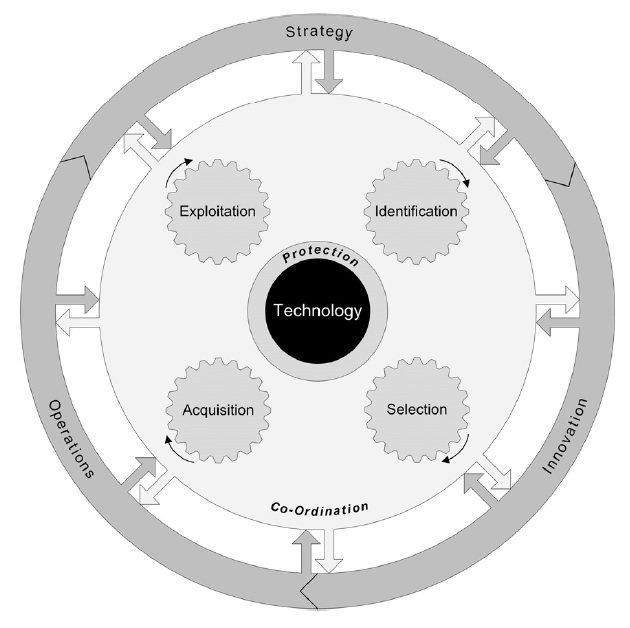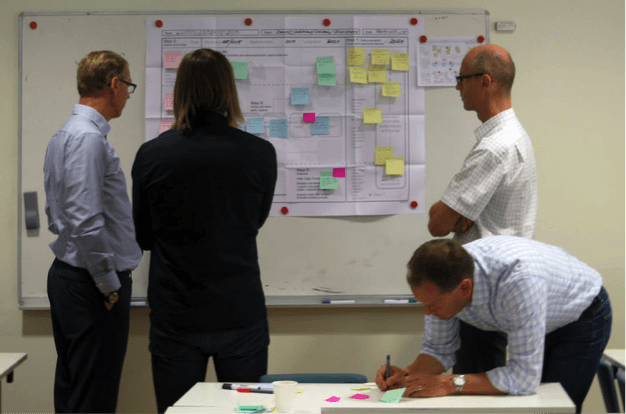Dr Rob Phaal is a Director of Research (STIM) in the Department of Engineering, University of Cambridge.
Rob joined the Centre for Technology Management in 1997, where he conducts research in the area of strategic technology management. Particular interests include technology evaluation, the emergence of technology-based industry, the use of visual techniques for strategy, and the development of practical management tools. Rob has a mechanical engineering background, with a PhD in computational mechanics and industrial experience in technical consulting, contract research and software development.
More information about Rob’s approach to roadmapping.
Related posts
As society and industry grapple with unprecedented transformative change and disruption, roadmapping provides a useful approach for strategic planning, a recent study has found.
The need for Roadmapping is still vital, but is it sufficiently adaptable to support geographically dispersed teams challenged by rapidly changing technologies and business environments?
Few companies were realising the full potential of roadmapping back in 2015/16 when the Institute of Manufacturing and Fraunhofer Group conducted a study of roadmapping practice. The research team is now revisiting the study to see how the situation has changed, particularly following the advent of supporting tools and new technologies such as machine learning and AI.
One of the biggest challenges facing technology developers is how to blend and combine human, analytical and digital processes. A new six-week course, ‘Product Technology Roadmapping’ from the University of Cambridge, aims to help resolve these issues and show how the use of roadmapping can ensure technological decisions and developments are aligned with product and business plans.
Agile practices originated in the software domain but are increasingly applied to the development of physical products. A multiple case-study involving 17 manufacturing companies from a variety of industries was conducted to understand how agile is currently applied in industry practice.
Characterising the emergence of technology ventures by applying roadmapping principles, is the theme of Yuta Hirose, research supported by RADMA.
Want to know about R&D Management but too busy to read all the journals? The editors for R&D Today have each selected a journal and have made a selection of the most interesting papers of recent years.
Increasingly the alignment of technology management and innovation management is seen as crucial to the performance of knowledge and manufacturing-based organisations, creating a demand for improved methods to assess performance.
There are many excellent tools and techniques for R&D management, but all too often people re-invent the wheel as knowledge of these gems is not shared. Here are some of the tools that RADMA trustees and contributors to R&D Today have found useful, but we are keen to know what has been missed or what [...]
Could coaching provide the support that SME’s require to improve their innovation activities? In a pilot 10 SMEs were introduced to strategy and technology management tools developed through research and given coaching on applying these tools to their own processes to improve their innovation activities.
Management tools and techniques such as roadmapping, portfolio management methods and scenario planning are considered useful for a variety of business issues, but there is a need for a more stable approach.
To extract best value from investments in technology and innovation, managers need to address a wide range of aspects. The emerging ISO standards provide an opportunity for improved tools to assist. One such tool, the Innovation Technology Management (ITM) process framework was shown to provide insights into performance trends and identify issues commonly faced across the oil and energy sector.
A ‘fast-start’ method for technology roadmapping discussed in this paper, provides a means for improved understanding of the architecture of roadmaps and for rapidly initiating roadmapping in a variety of organizational contexts, says Clare Farruk
The collaborative industrial-academic development of management toolkits is still a novel concept, writes Clare Farrukh. She introduces a paper that discusses the potential of these tools. Key principles for developing industrially relevant strategic technology management toolkits Kerr, Farrukh, Phaal and Probert, 2013, When considering the potential uptake and utilization of technology management tools by industry, […]
The visual design of technology roadmaps greatly enhances their value as communication aids but this is being overlooked.
Innovation is now a major driving force for business growth and success but coping with the challenges during the innovation process can be difficult for technology managers. Could the concept of Innovation Readiness Levels help?
The issue of assessing technology for business application is cited as a major concern for managers in industry. Representatives from a range of industries were interviewed to review the tools and techniques currently available and to identify gaps and limitations.
TRIZ provides a useful structure for thinking and brainstorming, enabling ideas to be developed more quickly. However it requires patience to understand it
Roadmapping is a planning approach that provides a structured ‘lens’ with which to look at a complex situation and deduce action plans. Dr Imoh Ilevbare will discuss the benefits of this approach in a webinar on 19th April 2017, 13.00 BST.
Careful attention to the design of roadmap-based templates can greatly improve the efficiency and effectiveness of the group in sharing, capturing, organising, prioritising and synthesising knowledge.
Welcome to the R&D Today Roadmapping theme from the editors, Rob Phaal, Clare Farrukh and Sven Schimpf

